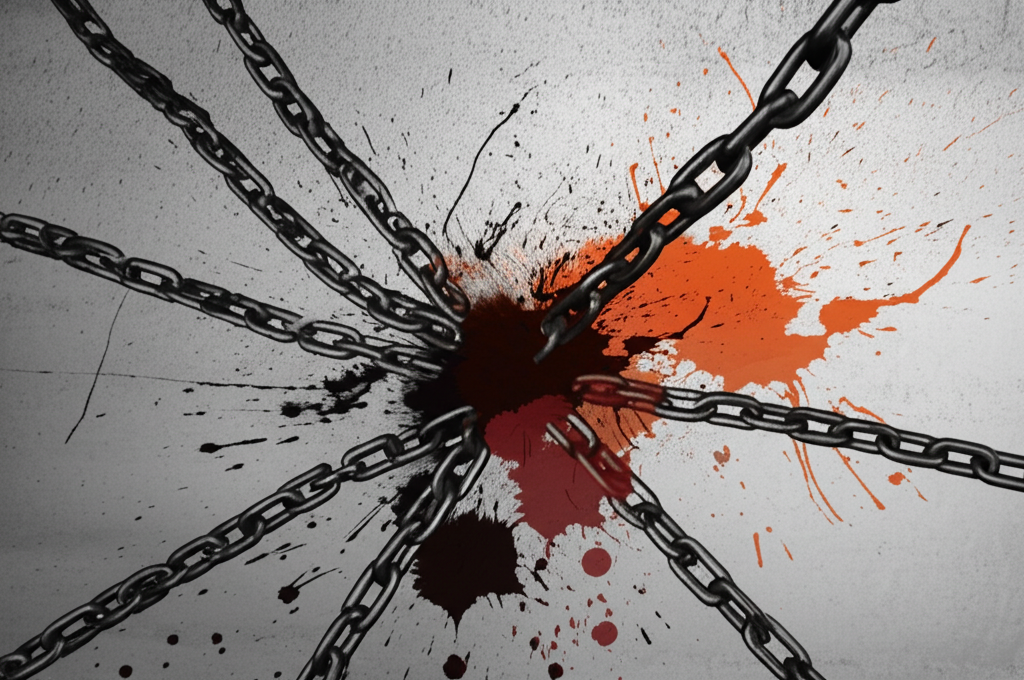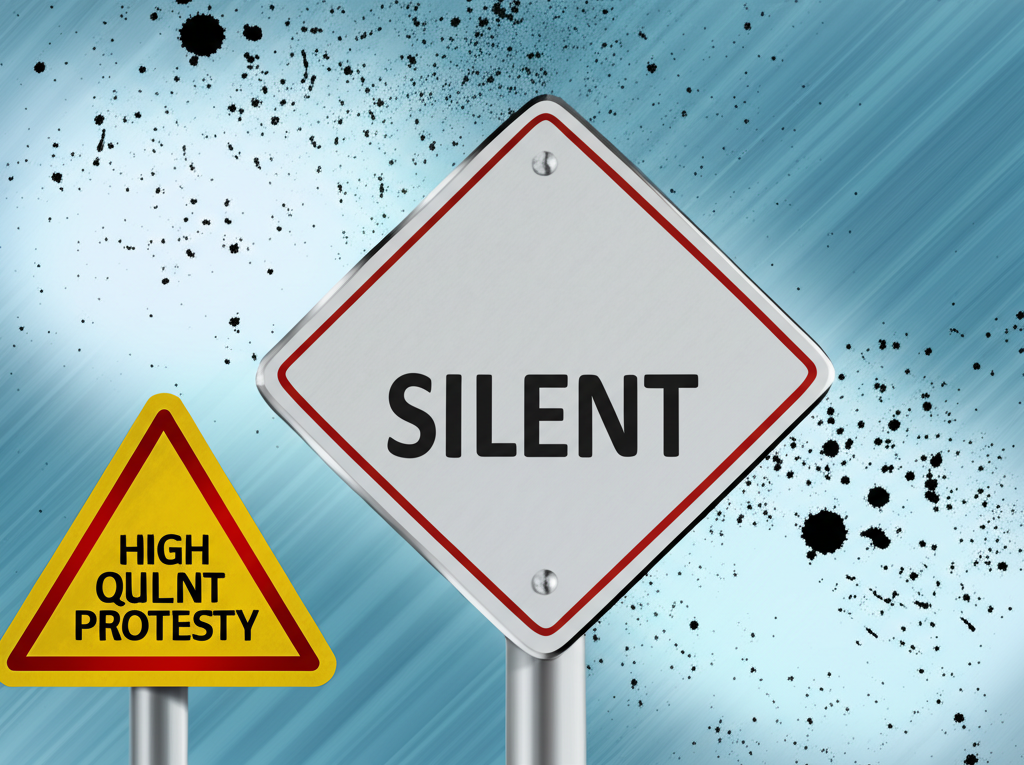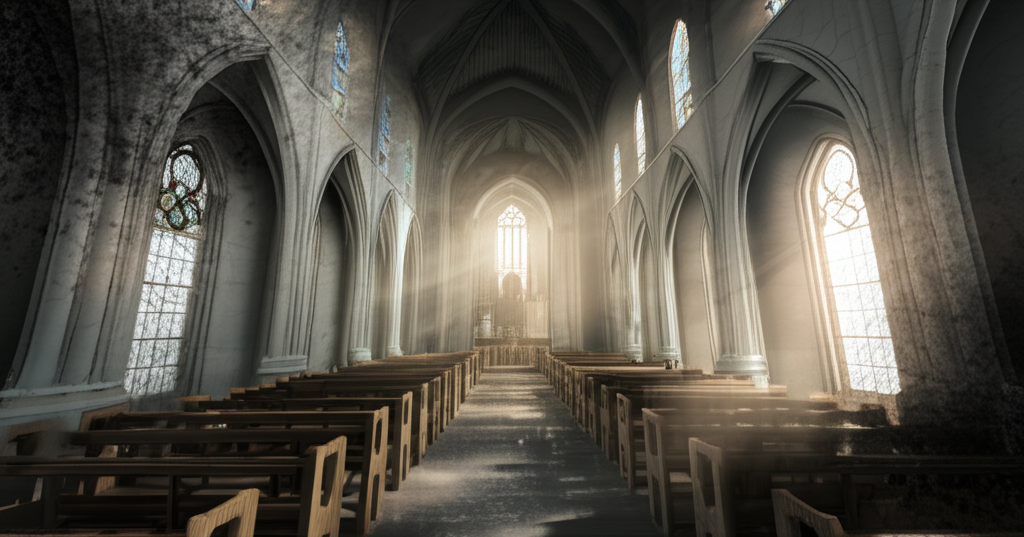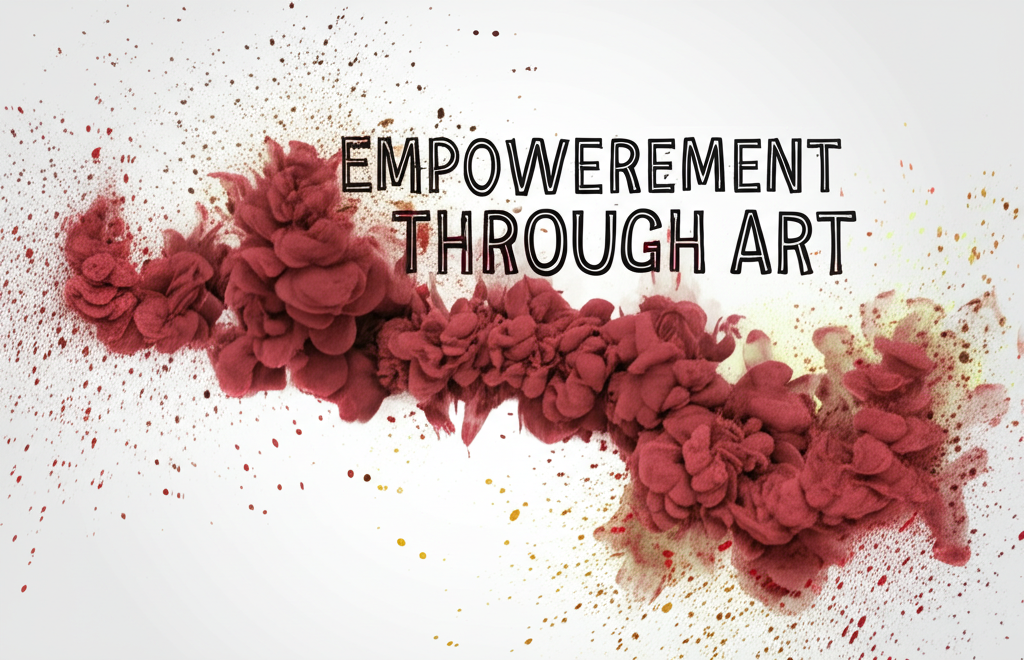A new report has dropped a bombshell: over 50 million people globally are living in modern slavery. That’s more than the population of Spain! This isn’t just about chains and whips; it’s about forced labor, human trafficking, and the exploitation of vulnerable individuals. The Global Commission on Modern Slavery and Human Trafficking is sounding the alarm, and it’s time we listened. Nigeria, while facing its own challenges, is stepping up as a regional leader in tackling this crisis.
- Shocking Numbers: Over 50 million people worldwide are trapped in modern slavery.
- Nigeria’s Ranking: Nigeria ranks fifth in Africa for slavery prevalence, with 1.6 million affected.
- Hopeful Actions: Nigeria is implementing strong anti-slavery measures, including a National Action Plan.
- Global Call: The UN urges coordinated efforts to eradicate slavery by 2030.
The Horrifying Reality of Modern Slavery
Modern slavery is the greatest human rights issue of our time. It is the greatest moral stain on humanity that we can – and must – address with far greater urgency and global collective action.
Imagine being forced to work against your will, stripped of your freedom and dignity. This is the daily reality for millions around the world. According to the Global Commission on Modern Slavery and Human Trafficking, chaired by former British Prime Minister Theresa May, modern slavery is a pervasive issue that demands immediate attention.
A Survivor’s Story
Nasreen Sheikh, a survivor of modern slavery, shared her harrowing experience of being forced to work in a Kathmandu sweatshop from the age of 10. Her story highlights the devastating impact of this crime on individuals and communities. Her powerful statement underscores the urgent need for action: “Faceless casualties are generated every day through the purchasing decisions of unconscious consumption, and the blind eyes of a global economic system,”
Nigeria’s Role in the Fight
While the report paints a grim picture, there’s also a glimmer of hope. Nigeria, despite ranking fifth in Africa with an estimated 1.6 million people affected, is emerging as a leader in combating modern slavery. The country has implemented some of Africa’s strongest anti-slavery measures, including a newly adopted National Action Plan.
What’s Being Done? Key Proposals
- Strong Legislation: Enforcing domestic laws with a unified definition of modern slavery.
- Business Accountability: Holding businesses responsible for their global supply chains.
- Civil Society Engagement: Working with organizations to support victims and prevent trafficking.
The UN’s Urgent Call to Action
UN Secretary-General António Guterres is calling for international solidarity. He emphasized that coordinated and collaborative approach will eradicate this devastating and pervasive issue.” The goal is to eliminate modern slavery and human trafficking by 2030, but we’re currently falling short.
Why This Matters to You
Modern slavery isn’t just a distant problem; it’s connected to our everyday lives. The products we buy, the clothes we wear – they could all be linked to forced labor. By demanding transparency and supporting ethical businesses, we can make a difference.
Let’s Take Action
The Global Commission urges us to treat modern slavery with the same urgency as other global crises. A world without modern slavery is possible, but it requires decisive action from all of us.





